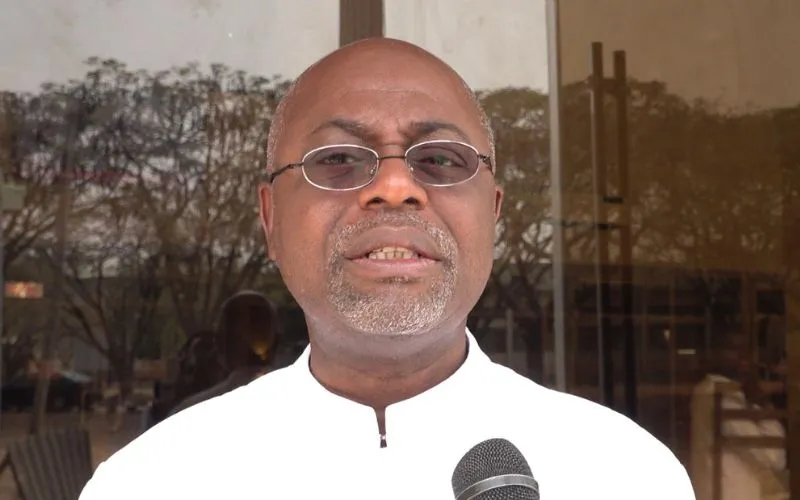Abuja, 25 January, 2025 / 10:23 pm (ACI Africa).
Catholic Priests in Nigeria have become “soft targets” for kidnappers, the Rector of the National Missionary Seminary of St. Paul has said, addressing misconceptions that ministers in the Catholic Church lead affluent lifestyles, making them attractive targets for ransom-seeking criminals.
In an interview with ACI Africa on Thursday, January 23 during the annual St. Paul’s Lecture, Fr. Raymond Olusesan Aina said kidnappers believe that if a Catholic Priest is abducted, the Church is left with no option but to part with large sums of money as ransom.
“There may be a lot of factors why kidnappers target the Church in Nigeria, and it may not necessarily be because of Islamic fundamentalism alone. Some people are targeting the Church today because they believe the Church is very rich,” Aina said.
He added, “Kidnappers may think priests are living flamboyant lives, judging by the cars they see priests driving. This makes them think that if Priests are kidnapped, the Church will pay ransom.”
“Kidnapping has become a business, and kidnappers look for soft targets that they believe have money. Catholic Priests and institutions are perceived as part of such organizations, making them attractive targets,” the Nigerian Catholic Priest said.








